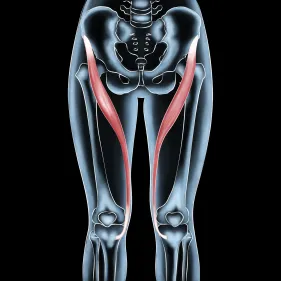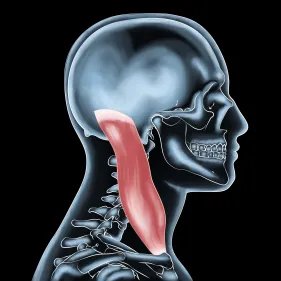Symptom – Are you experiencing Arm Numbness?
Arm numbness can be caused by a variety of factors, including nerve compression, inflammation, or injury. It can also be a symptom of certain medical conditions such as carpal tunnel syndrome, multiple sclerosis, or stroke.
If you are experiencing arm numbness, it is important to pay attention to any other symptoms you may be experiencing, such as weakness, tingling, or pain, as these can help to identify the underlying cause.
If the numbness is severe or accompanied by other concerning symptoms, such as difficulty speaking or difficulty moving your arms or legs, it is important to seek medical attention right away as these could be signs of a more serious condition.
If the numbness is mild and not accompanied by other concerning symptoms, you may be able to find relief by changing your position or activities to take the pressure off of the affected area. For example, if you are experiencing numbness in your arm while sitting at a desk, you may want to try standing up and stretching or taking a walk to increase circulation to the area.
If the numbness persists or is accompanied by other concerning symptoms, it is important to see a healthcare professional for a proper diagnosis and treatment. They may recommend medications, physical therapy, or other treatments to help alleviate your symptoms.
What causes Arm Numbness?
Arm numbness can be caused by a variety of factors, including:
- Nerve compression: Compression of a nerve in the neck, shoulder, or elbow can cause numbness in the arm. This can be caused by a herniated disc in the spine, a pinched nerve, or a muscle that is pressing on a nerve.
- Inflammation: Inflammation in the arm, such as from an injury or a medical condition like rheumatoid arthritis, can cause numbness.
- Injuries: Trauma to the arm, such as a fracture or a dislocated joint, can cause numbness.
- Medical conditions: Certain medical conditions, such as carpal tunnel syndrome, multiple sclerosis, and stroke, can cause arm numbness.
It is important to see a healthcare professional if you are experiencing arm numbness, as they will be able to properly diagnose the cause and recommend the appropriate treatment.
How to treat your Arm Numbness?
The treatment for arm numbness will depend on the underlying cause. Here are some general treatment options that may be recommended:
- Rest: If the numbness is caused by an injury or overuse, rest and avoiding activities that exacerbate the numbness may be recommended.
- Heat and cold therapy: Applying heat or cold to the affected area can help to reduce inflammation and improve circulation.
- Stretching and strengthening exercises: If the numbness is caused by muscle imbalances or weakness, your healthcare provider may recommend stretching and strengthening exercises to improve muscle function and reduce pressure on the nerves.
- Medications: Depending on the cause of the numbness, your healthcare provider may prescribe medications to help reduce inflammation, improve circulation, or manage other underlying medical conditions.
- Physical therapy: Physical therapy may be recommended to help improve flexibility, strength, and range of motion in the arm and reduce numbness.
- Surgery: In some cases, surgery may be necessary to treat the underlying cause of the numbness, such as a herniated disc or a pinched nerve.
It is important to follow the treatment plan recommended by your healthcare provider and to seek medical attention if the numbness persists or worsens.





